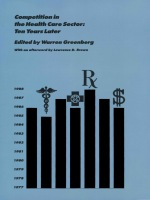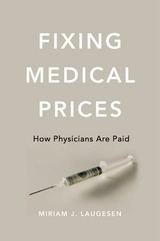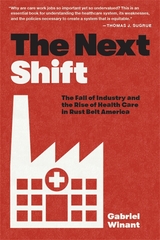Paper: 978-0-87840-568-8
Library of Congress Classification RA410.53.D73 1994
Dewey Decimal Classification 362.10973
Examining the health care market in a historical framework, Drake analyzes the forces and events that have shaped American health care in the twentieth century and sheds new light on why and how our health care system has dampened competitive market forces and failed to provide sound value for much of our health care expenditures. He examines the roles that physicians, hospitals, insurance companies, businesses, individual consumers, and government legislation have played in creating a provider-dominated market in which the cost of care has been concealed from consumers. Comparing U.S. health care expenditures with those of other developed countries, he concludes that a significant part of our health care problem is the style of medicine practiced in the United States, which is much more specialized and high tech than in other developed nations.
Drake develops proposals for health care financing reform that consider the political and economic difficulties involved. He first examines the Clinton health care reform plan and makes specific recommendations for revisions that would improve its likelihood of controlling costs. He then offers an alternative proposal that would both maintain the principle of universal, noncancelable coverage and eliminate the flaws in the market for health care services by giving consumers a financial stake in cost containment.
This timely argument, combining economic and historical analysis with thoughtful consideration of the motivating humanitarian and political concerns, will be of interest to everyone seeking to understand and to reform our ailing health care system.
See other books on: Health care reform | Health Policy | Medical | Medical economics | Reforming
See other titles from Georgetown University Press























